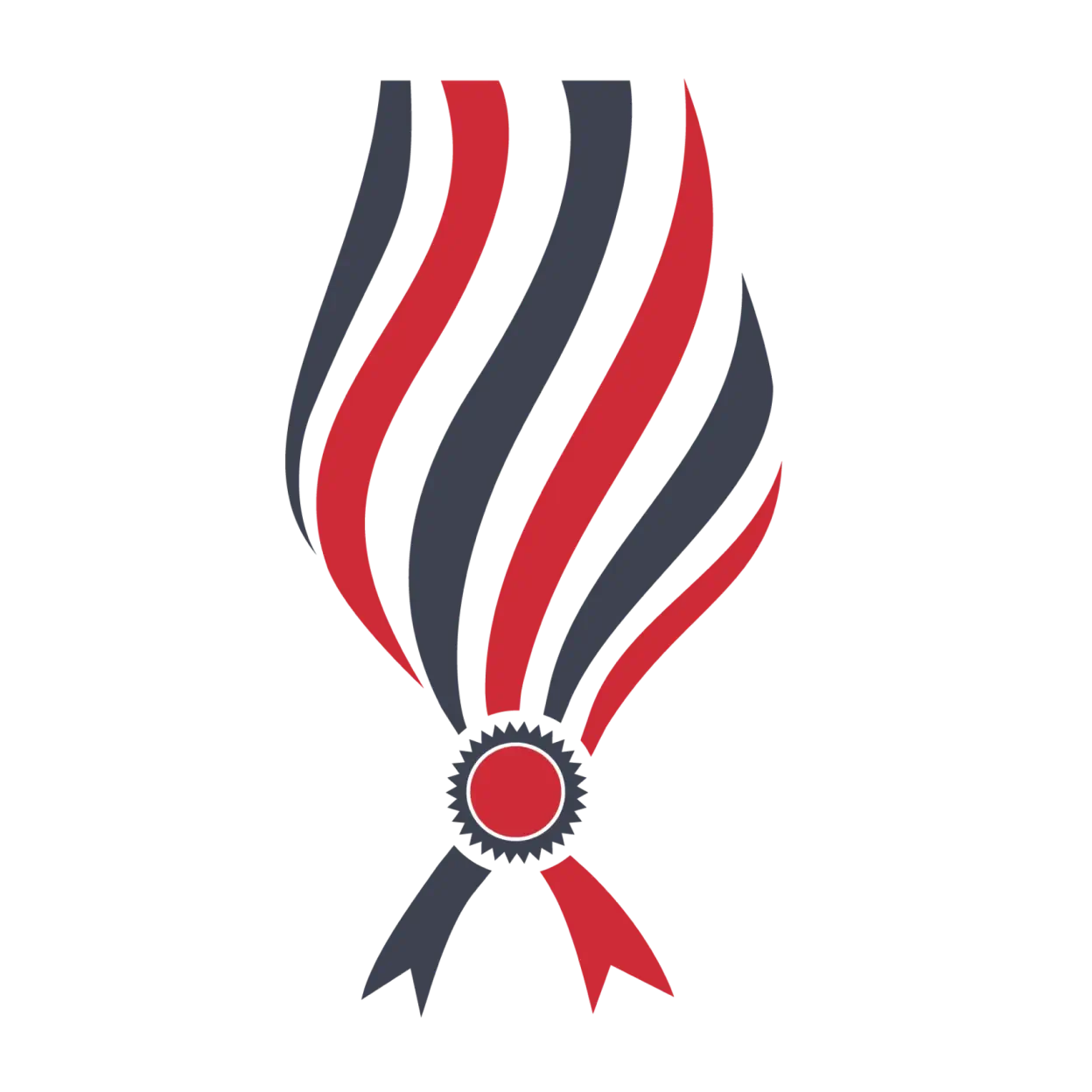Path for CMS Students

By WSG Team
Last updated: October 2024
Building on the overview of how Wine Scholar Guild programs can complement and be articulated with other wine study programs, WSG would like to propose a better understanding of the Court of Master Sommeliers (CMS) and Wine Scholar Guild programs that can complement each other.
Court of Master Sommelier Programs/Levels
The Court of Master Sommeliers (CMS) offers the most recognized and respected path for those who aspire to be a sommelier. Its educational programming has four levels of certification - each being a pre-requisite to entering the next level - leading toward the coveted "Master Sommelier" certification.
LEVEL 1: INTRODUCTORY SOMMELIER CERTIFICATE
This is the starting point for anyone looking to become a Master Sommelier. The 2-day course covers viticulture and winemaking fundamentals, grapes varieties with their origin and specificities, fundamental spirits knowledge, wine classifications, wine quality, wine service, food and wine pairing essentials, as well as introductory wine-tasting techniques.
LEVEL 2: CERTIFIED SOMMELIER
The Certified Sommelier program tests and certifies that the student has the wine knowledge and service skills expected from an on-the-floor wine professional. The one-day exam has three sections: Blind wine Tasting, Written Theory and Wine Service.
No official wine education courses or tastings are offered to prepare for this exam.
LEVEL 3: ADVANCED SOMMELIER CERTIFICATE
The Advanced Sommelier program is a significant step up from level 2 and successful wine students must demonstrate advanced general wine knowledge and excellent sommelier skills.
Enrolment is by application only and a minimum of 5 years of experience in beverage hospitality is recommended. Applicants may also be requested to take an online test as part of the application process.
Students must attend a 3-day training course conducted by Master Sommeliers and complete extensive independent study. The examination is held over three days and comprises three sections: Blind Tasting, Theory and Wine Service.
LEVEL 4: MASTER SOMMELIER DIPLOMA
Level 4 is the Holy Grail in the world of sommeliers.
Enrollment is open to Advanced Sommelier graduates and is by application only. The Master Sommelier examination is in 3 parts: Theoretical Knowledge, Practical Tasting and Practical Service. The Theoretical Knowledge must be taken and passed first. Success on this portion opens the doors to the remaining two parts of the exam. Unfortunately, only about one-tenth of candidates pass the theory exam and it often takes 2 or 3 years to give all three portions of the exam required to become a Master Sommelier.
How Wine Scholar Guild Complements the CMS Program

CMS LEVEL 1
A workbook is provided to CMS level 1 students and several wine encyclopedias are recommended for study purposes.
Repetition and memorization can help students of general wine study programs such as CMS level 1 to integrate and absorb the information required for them to master.
WSG member webinars, led by wine industry experts cover the fundamentals of viticulture, winemaking, grape varieties, wine tasting and wine service. In addition, Webinars like "Viti 101" and "Postmodern Winemaking" can be valuable resources for students preparing for general wine study programs like Introductory Sommelier.
POST CMS LEVEL 1 & 2
CMS level 1 and 2 certifications will give wine students a solid foundation to enter our Wine Scholar Programs and Masters programs from a position of strength. While not a pre-requisite, we encourage students to follow a program such as the CMS' Level 1 or 2 before entering our Wine Scholar Programs and Masters programs.
CMS LEVEL 2
CMS level 2 is all self-directed study and the country-specific Wine Scholar programs can help you develop a deep understanding of the key regions of France, Italy and Spain. In our Wine Scholar programs, each country's foundation unit puts that country's history, wine laws, grape varieties, viticulture and winemaking practices into perspective before covering each of the individual wine regions concerning regional history, climate, topography, soils, appellations, wine styles and regional food and wine pairings.
Optional, in-class tastings provide the opportunity to build familiarity with key wine styles.
If you want to challenge yourself further, WSG Masters programs allow you to independently study one of the world's classic wine regions like Bordeaux, Bourgogne and Champagne – perhaps one that has always fascinated or confused you?
Membership in the WSG provides access to our ongoing webinars, always led by industry experts and covering a range of topics that will help keep you current and engaged.
CMS LEVELS 3 & 4
Do it now if you have not taken the Wine Scholar programs earlier! They provide critical information about France, Italy and Spain.
The WSG Masters programs build on the Wine Scholar Programs and will allow you to master the complexity of specific regions. The programs cover appellations, climate, geology, grape varieties, wine law, regional cuisine and trends. This is essential information at this level and complements advanced CMS studies.
Membership in the Wine Scholar Guild allows access to webinars with leading industry experts, providing a unique opportunity to gain insight into current wine trends and issues. In addition, they serve as an essential tool for building a knowledge base expected at these advanced wine education levels.
WSG study trips are led by regional experts and allow you to "get up close and personal" with all the important wine regions, like Bordeaux, Bourgogne and Champagne. These are unparalleled opportunities to master and understand the complexities of a wine region.
TESTIMONIALS
Next Steps
Explore the main wine education path, or dive into greater detail how WSG programs fit with the offerings of the leading general wine education bodies:
NOTE: We have tried to describe CMS programs to the best of our knowledge and research and explain how our programs complement them. These statements reflect our own opinion and do not reflect the opinion or endorsement of the CMS. We welcome all comments and suggestions on this article.



